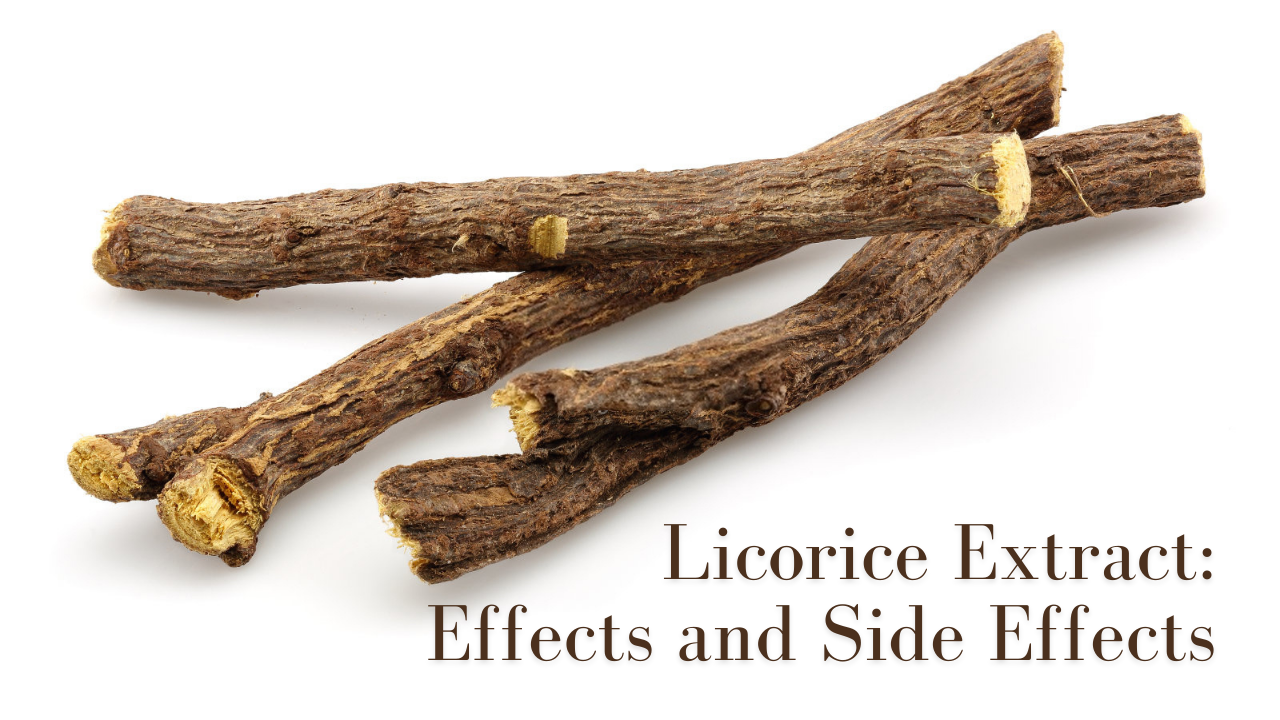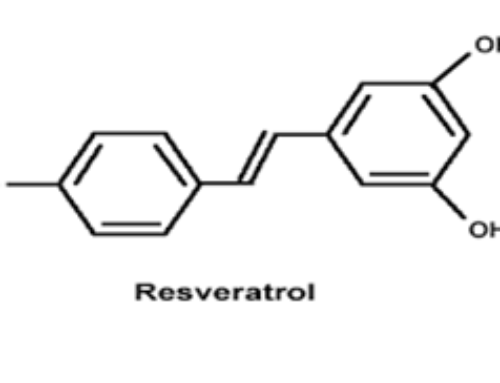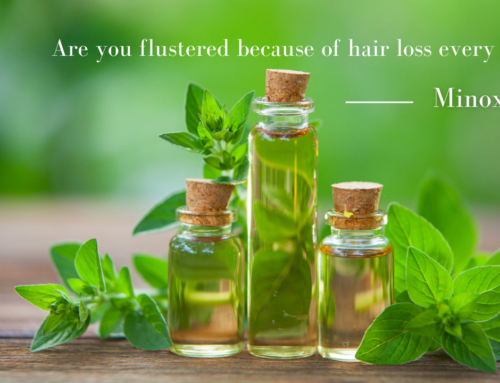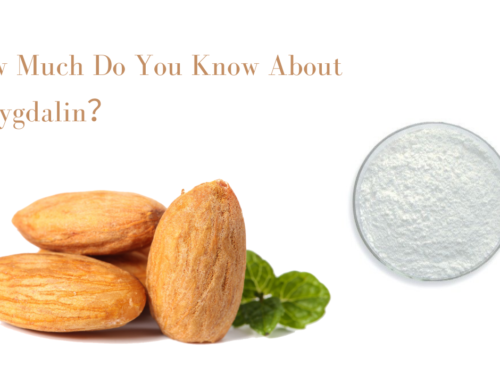Licorice is the root and rhizome of the herb licorice. It is a blind Chinese medicine commonly used in various oral Chinese herbal medicines. Smell, sweet and special. Licorice grows mostly in arid and semi-arid desert grasslands, desert edges and loess hilly areas. It has the functions of nourishing the spleen, moisturizing the lungs, relieving cough, relieving pain, and relaxing and reconciling traditional Chinese medicine. Licorice is widely used in the medicines we use, but there are not many people who really understand the effects of licorice. Let’s take a look together.
Ingredients of licorice extract :
Licorice extract comes in two forms, solid and liquid, and its main component is glycyrrhizic acid, which is why licorice has a sweet taste.
Glycyrrhizic acid, a terpene. The molecular formula is C42H62O16. Also known as glycyrrhizin. Glycyrrhetinic acid diglucuronide (see glycoside), is the sweet component of licorice. It exists in Glycyrrhiza plants and forms flake or prismatic crystals in acetic acid. Decomposes at 220°C. Dissolved in water. The molecular formula of glycyrrhetinic acid is C30H46O4. There are two homogeneous crystals. The melting points are 300~304℃ and 287~293℃ respectively, and the specific rotation is [α]D+163°. Soluble in ethanol.
Other ingredients of licorice extract:
- Diammomium Glycyrrhizinate
- Monoammonium Glycyrrhizinate S
- Glycyrrhizic Acid A
- Monoptassium Glycyrhizinate A
- Licorzinc
- Licorice Extract Liquid
- Glycyrrhizine R19
- Glycyrrhizine R21
- Stearyl Glycyrrhetinate
The effects of licorice:
1. Clearing away heat and detoxification
Raw licorice has the effects of clearing away heat, removing dampness, detoxification, and reducing the heart and fire. It has a good effect on people with dry mouth and irritability. Raw licorice is also effective for itchy throat, burning in the mouth, and sore throat. In particular, licorice has a certain effect in the treatment of toxic diseases, pain, swelling and furunculosis.
2. Expectorant and relieve cough
After oral administration of licorice preparations, the inflamed pharyngeal mucosa can alleviate inflammatory irritation and achieve antitussive effect. This is because licorice flavonoids and glycyrrhetinic acid have antitussive effects, and licorice can also promote sputum cough, so it can achieve antitussive and expectorant effects. After taking the licorice preparation, it is effective for general wind-heat cough and dry cough.
3. Anti-acid
Licorice has anti-acid and relieves the tension of gastrointestinal smooth muscle. Because licorice has a hormone-like effect, it can relieve excessive gastric acid secretion. It is used for stomach pain, abdominal pain and acute pain of gastrocnemius muscle contracture, etc. It is often used together with peony, which can significantly enhance the curative effect of treatment of acute pain, such as peony and licorice decoction.
4. Anti-inflammatory and anti-allergic
Licorice also has anti-inflammatory and anti-allergic effects, and can protect the throat and tracheal mucosa. The substances in licorice also have detoxification effects. Clinical drug research shows that licorice does have a certain detoxification effect. It has a certain inhibitory effect on chickenpox and herpes viruses.
5. Regulate endocrine
Isoflavones were detected in licorice, indicating that licorice can produce estrogen or anti-estrogens. Therefore, licorice is believed to help regulate endocrine and reduce premenstrual syndrome and menopausal symptoms.
6. Resist viruses
Glycyrrhizin can directly destroy virus cells. In addition to its direct effect on the virus, the hypoacid contained in licorice can block carcinogens. The glycyrrhizin in licorice also has the effect of invigorating qi. For people with weak spleen and stomach, soaking in water can have a conditioning effect. In addition, licorice contains glycyrrhizic acid and other ingredients, which can inhibit germs, resist viruses, prevent liver cell damage, and then protect the liver. It is very effective in relieving and inhibiting chronic liver disease, hepatitis B and liver fire.
7. Reconcile all medicines
Used to reconcile the potency of certain drugs. For example, seasoning Chengqi Decoction uses this product to alleviate the diarrhea effect of rhubarb and Glauber’s salt and its irritation to the gastrointestinal tract. In addition, this product is often used to reconcile various drugs in many prescriptions.
8. It has detoxification effect when combined with soybeans.
9. It is used for gastric and duodenal ulcers in modern times.It is often used equated with cuttlefish bones and corrugated seeds. This product also has a diuretic effect, so hay tips are often used as an auxiliary medicine for the treatment of hot shower dysuria.
10. Licorice is also widely used in the food industry to refine candies, preserves and chewing gum.Licorice extract is an emulsifier for making chocolate. It can also increase the taste and aroma of beer, improve the consistency and color of dark beer, and make some soft drinks and liqueurs; cigarettes can improve the flavor. In the chemical industry, printing and dyeing industry, licorice is also widely used.
Side effects:
According to medical experts, the main adverse reactions caused by licorice and its preparations are:
1. Allergic reactions: Mainly allergic skin reactions and anaphylactic shock;
2. Pseudo aldosteronism: Mainly manifested as general weakness, numbness of the limbs, inability to stand up and walk, headache, chest tightness, elevated blood pressure, edema, abdominal distension, and hypokalemia. Severe cases may have paresis, myolysis, and renal failure. More severe heart rhythm disturbances, dyspnea, hypokalemia, hypertension, edema, and low aldosterone;
3. Adverse reactions of the digestive system: Manifested as nausea, vomiting, diarrhea and other symptoms;
4. Nervous and mental system adverse reactions: Mainly manifested as excitement, laughter for no reason, and inability to spontaneously;
5. Adverse reactions of the endocrine system: Mainly manifestedas adverse reactions caused by lactation and glucocorticoid-like effects;
6. There are also reports that long-term use of licorice can also cause side effects such as abnormal weight gain;
7. According to a report from the European Union in 2008, excessive use of licorice can cause problems such as increased blood pressure, muscle weakness, chronic fatigue, headache, swelling, and decreased male testosterone levels;
8. It is also believed that excessive use of licorice by pregnant women can cause heavy bleeding and even premature delivery;
9. Others: It can also induce hepatic ascites and hepatic coma. Long-term large-scale application can also cause special symptoms such as tachycardia, persistent hiccups, and black hairy tongue.
10. People who suffer from high blood pressure, obesity, diabetes, kidney disease, heart disease, or liver and menstrual problems should avoid licorice. Pregnant and lactating women, as well as men with sexual dysfunction, should also avoid this herb. People who are using angiotensin inhibitors and diuretic drugs (such as aspirin, digoxin, corticosteroids, insulin, oral contraceptives, and laxatives) should also avoid licorice.
Although it is believed that consuming candies containing licorice extract is not harmful, excessive consumption can also cause side effects. Therefore, in order to ensure your own health, it is best to consult a doctor before using licorice products and health supplements.
After reading this article, do you have a deeper understanding of licorice extract? If you need to buy licorice extract, please click here to contact our team to get a quote. If you think this article is helpful to you, welcome to forward it to those around you who need licorice extract!






Leave A Comment